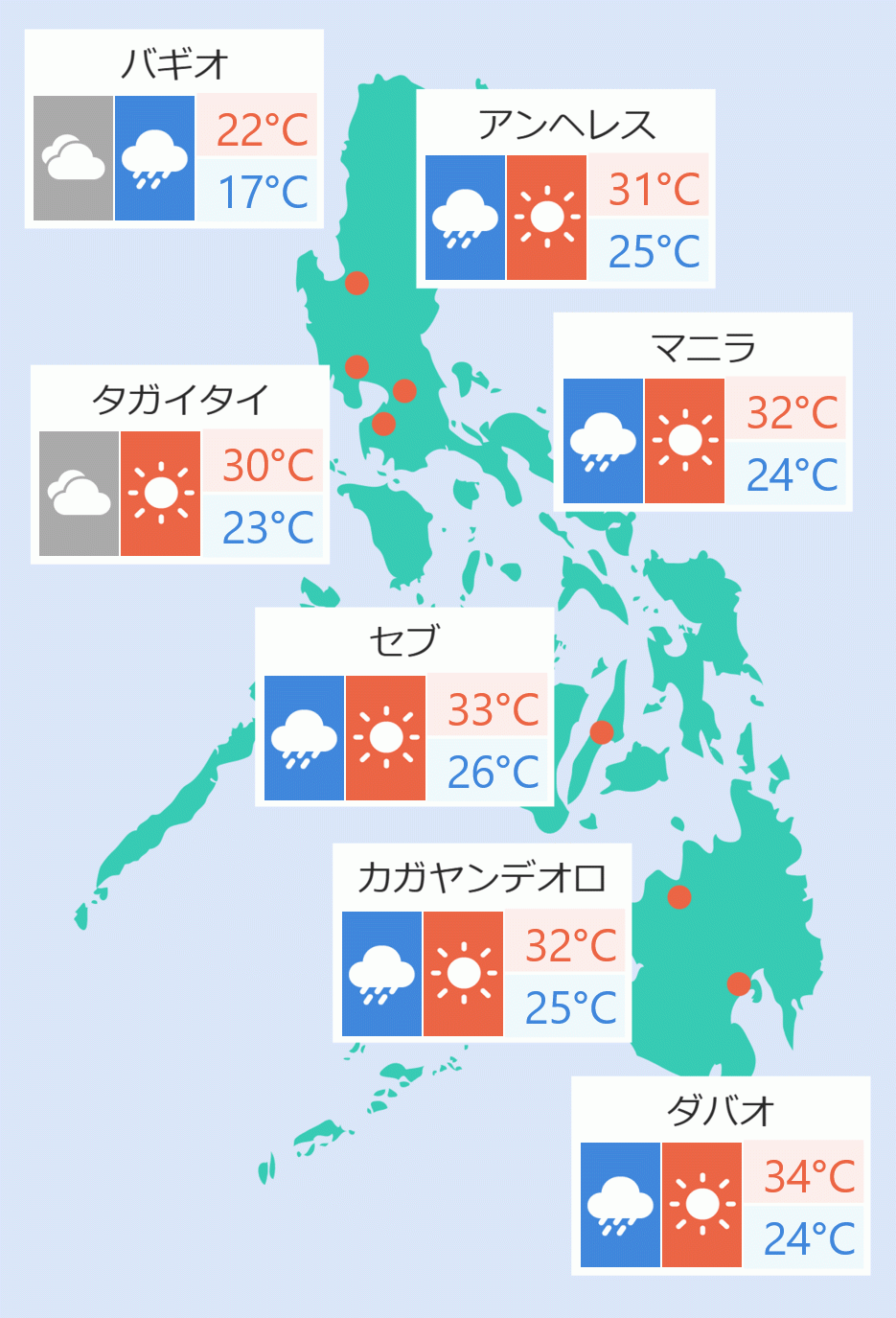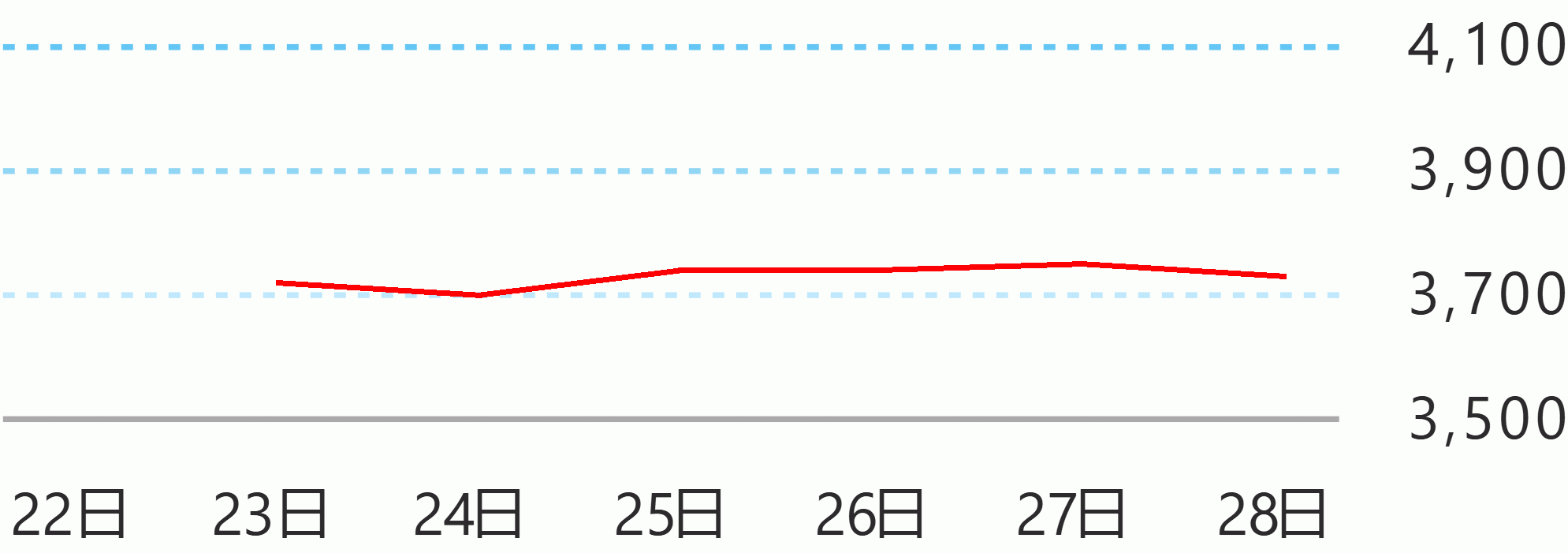As a key player in regional and global discussions on disaster risk reduction, the Japan International Cooperation Agency (JICA) hosted an event themed, “Urban Resilience of Metropolises: Incorporating of Multi-Sectoral Spatial Risk Assessment in City Planning for Investing in Resilient Metropolises, and Augmenting Local Solutions to Disaster Risk Reduction/Build Back Better with Space Satellite Services” as one of the partner events at the 2024 Asia-Pacific Ministerial Conference on Disaster Risk Reduction (APMCDRR).
The discussion on urban resilience comes timely and relevant as many cities face new challenges such as exponential population growth and rapid development, which make metropolises more vulnerable to disasters and the impacts of climate change.
These include Manila and others in the Philippines which ranks the world’s most vulnerable country against various natural disasters. As cities navigate through this new reality, they must find ways to incorporate disaster risk reduction into urban planning more effectively, especially in the infrastructure development.
To assist city planners, JICA advocates the use of latest technologies, such as earth observation satellite imageries with Web-Geographic Information System (GIS), to identify, evaluate, and predict disasters, along with their location and impact, using geographical data.
These innovative tools allow metropolises to develop more effective disaster management strategies by utilizing data sets that were previously unavailable. JICA will also be showcasing Japanese private sector’s unique and innovative technologies to address pressing development issues especially related to climate change.
During the event, Sentinel Asia, a project launched by the Asia-Pacific Regional Space Agency Forum (APRSAF) in 2006, and the Asian Disaster Reduction Center (ADRC) demonstrated the use and effectiveness of satellite technology in geo-spatial risk assessment and geographic-specific risk response.
In addition to tapping Japan’s expertise in disaster risk reduction, JICA collaborated with subject matter experts from the Philippines, India, Indonesia, Fiji, and Sri Lanka to facilitate a well-rounded discussion. Representatives from the Philippine Institute of Volcanology and Seismology (Phivolcs), the Indian Institute of Technology (IIT) Bombay, Indonesia’s National Agency for Disaster Countermeasure (BNPB), Fiji’s National Disaster Management Office (NDMO), and Sri Lanka’s Disaster Management Centre (DMC) presented case studies on disaster prevention and mitigation.
Beyond sharing Japan’s and neighboring countries’ expertise and experiences, JICA aims to inspire further dialogue and exploration of collaboration opportunities with a broader range of regional stakeholders involved in spatial planning and disaster risk reduction and management.
The 10th APMCDRR, hosted by the Philippines, runs from October 14 to 18 at the Philippine International Convention Center. It called for greater accountability from governments in the region, along with their partner stakeholders, to develop more practical, innovative, and inclusive approaches to disaster risk reduction. JICA Philippines





 English
English









